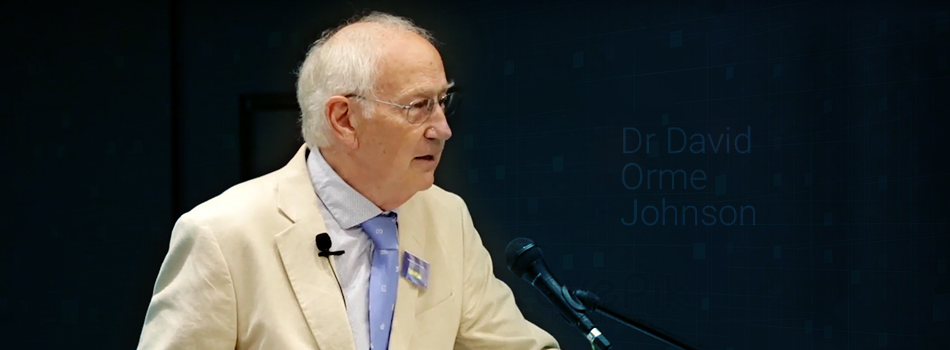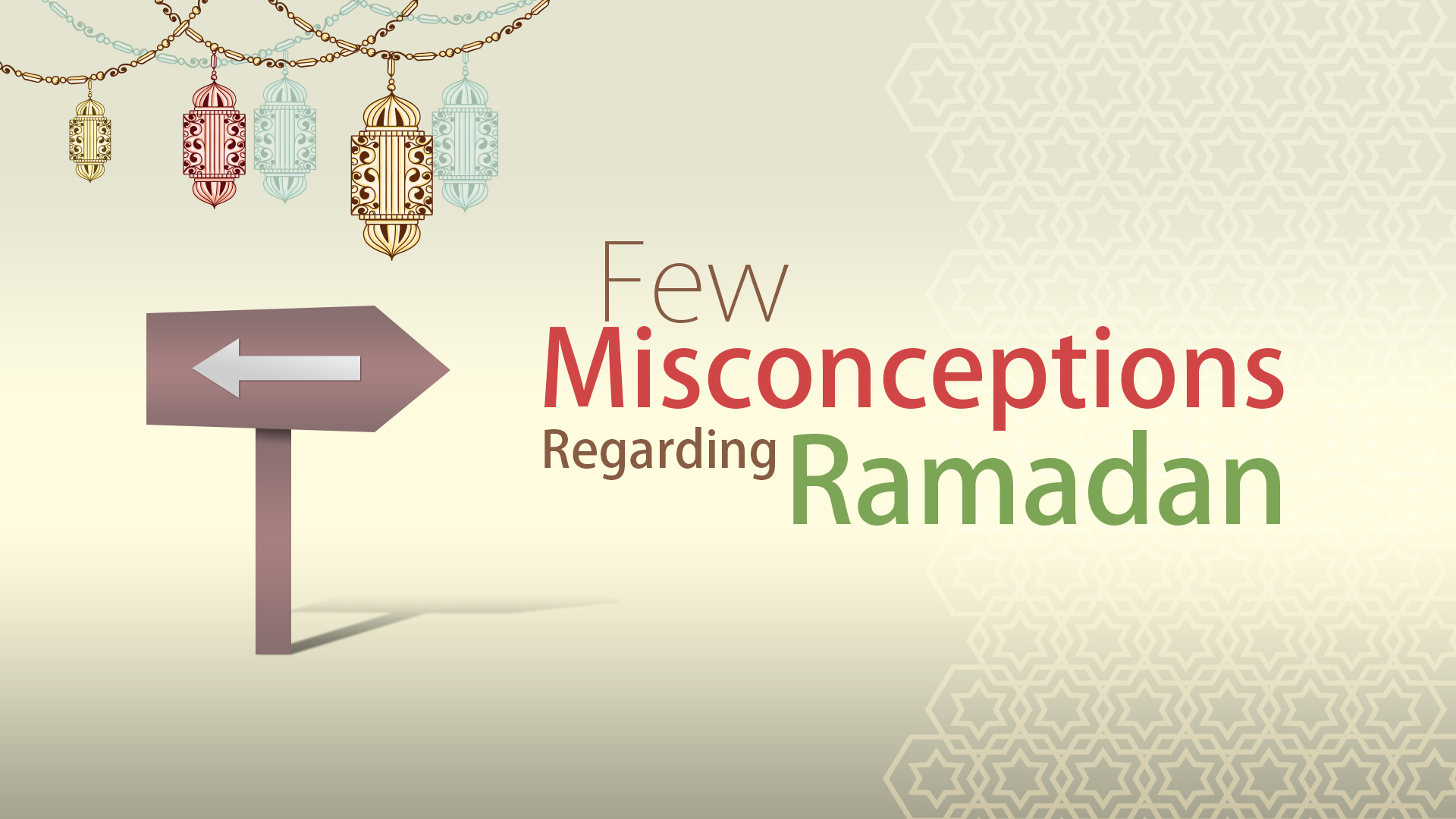
Role of Faith and Religion in Healing - A New Perspective in the West
published : 12 January 2017
There was a time when many had denied the role of religion in health and well-being. Today in the 21st century, science recognizes religion as an important factor for wellbeing. Particularly when it comes to cure and healing, doctors and patients alike admit the difference that faith makes in the case of healing. This change of viewpoint mainly occurred due to the evidence found in numerous research studies conducted in the last few decades.
Longevity
In a survey conducted on 21000 subjects between 1987 and 1995, it was found that individuals who go to church more than once a week are likely to live 7 years more compared to those who don’t go to church.
Health and Fitness
The author of ‘God, Faith and Health’, Jeff Levin observed in a study that the elderly who consider themselves as religious are less likely to fall ill than those who do not.
Faster Recovery
Dartmouth Medical School surveyed patients who survived after 2 months of open heart surgery in 1995. It was found that religious people are likely to live 3 times longer than those who aren't.
Less Risk of Heart Disease
In a survey taking place in India in 1997, it was found that individuals practicing Hinduism have a 70% lesser chance of getting afflicted by heart disease.
Prevents High Blood Pressure
Another study conducted by a group of researchers at Duke University in 1987, on 400 subjects in Georgia found that individuals who had a religious influence in their lives and prayed regularly are far less likely to have high blood pressure.
Mental Soundness
In 1999, Duke University ran a survey on 4000 senior citizens. It revealed that the rate of depression and anxiety in individuals who regularly participated in group prayer was far lower than those who didn’t.
All these research results have created a great stir in the Western medical community, which has been devoid of spirituality for a long time.
What is happening?
So how is science linking physical and mental well-being or faster recovery from diseases to faith and religion?
According to the researchers at Duke University, it could be explained by the regular lifestyle of the believers. Religious people tend to avoid smoking, drinking, substance abuse, or risky coital relations, and they tend to suffer less or not at all from loneliness.
Another team of researchers at Duke University claims that the reason why religious people stay fit is because they suffer less from stress. An article published in the October 2001 issue of Health and Nutrition revealed that the main reason for high blood pressure is mental stress, anxiety, and resentment. On the other hand, practicing religion induces positive thinking and a feeling of contentment in life, reduces anxiety, and enhances the ability to deal with life situations, adverse or favorable.
Dr. Herbert Benson, a renowned professor from the Harvard Medical School and the author of the bestseller 'Relaxation Response' clarified it even more. He says the chanting of the verses in prayer creates a calm peaceful placid state of mind. As a result, the physiological changes caused by stress – such as high blood pressure, rapid heart rate or rapid breathing, restlessness, decreased immunity, etc. reduce and wellness prevails.
However according to psychiatrist Martin Jones and a few others, it isn’t mandatory to explain the positive impact of religion or faith on healing and physical well-being through science. They say, there are a lot of medicines whose functions are not yet clear to us, Since they give us visible results, we don’t question its process. Then, why can’t we accept the results that are achieved through faith? Faith has already proven to be a very powerful tool for healing, and it makes a 'placebo effect'.
Dr. Jones himself gained a cure for cancer. According to him, the basis of every disease is physical. However, that takes an emotional form after a while, then the intellectual form, and finally the spiritual form. Therefore, a patient doesn’t just need only physical treatment but treatment in their overall existence- which can never come from medicines alone.
From this and countless evidence, medical practitioners around the world are becoming interested in the power of faith and religion in healing. As a result, where there were only a few medical schools conducting classes or courses for spirituality even in 1992, today 50 to 125 medical schools are teaching spiritual healing along with its use and importance in the USA alone.
So we can say that this recognition of faith as a powerful complement to the healing process is undoubtedly a positive view of the West. This may inspire the East to formulate a revolutionary method of well-being from its thousands of years of cherished religion and belief.


















